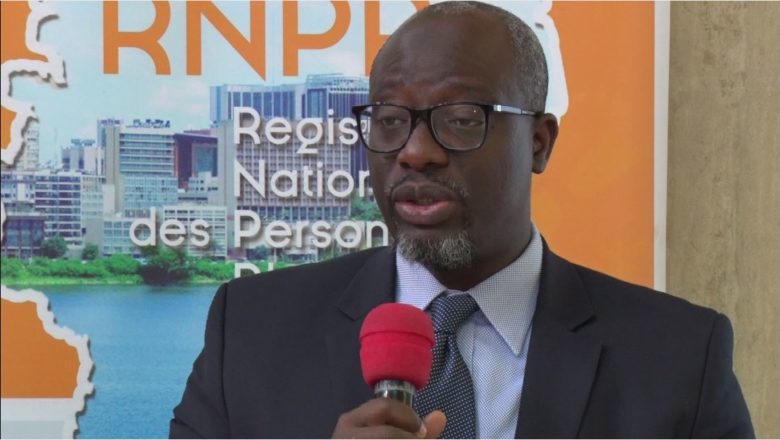 All news
All news
Workshop review of pilot projects on the advancement of civil status in Ivory Coast
26 July 2019
Focus on the review workshop of the pilot projects on the advancement of civil status in Ivory Coast desired by the Ivorian government through a new mechanism for recording civil status events.

It should be noted that the implementation of the National Register of Physical Persons (RNPP) is divided into several areas, including that relating to civil status through the adoption of the National Civil Status Strategy (SNECI).
A low rate of birth and death registrations
It should be noted that the assessments relating to civil status in Ivory Coast clearly indicate the low rate of registration of births and deaths. To remedy this, with the technical and financial support of UNICEF, pilot projects have been carried out in three regions of the South-West. Namely, the regions of Nawa, Gboklè and San Pedro.
Workshop review of pilot projects on the advancement of civil status
Thus, from Wednesday July 10 to Friday July 12, 2019, was held in Jacqueville, the assessment workshop of the pilot projects of the new mechanisms for the registration of births and deaths within the deadlines, recently implemented in the regions.
Government objective: to advance civil status
Presiding over the opening of the works on behalf of the Minister of the Interior and Security, the Director General of ONECI affirmed: “The objective of the workshop is to enable the various actors to share experiences in the 03 regions and highlight the difficulties encountered during the pilot projects in order to come up with strong recommendations which will be taken into account in the implementation of the RNPP. I hope that these recommendations will be able to advance civil status as desired by the Ivorian government as set out in the PND 2016-2020.”
In addition to experts from the Ministry of the Interior and Security, including those from ONECI, this meeting saw the participation of other experts from the Ministries of Justice, Health, Planning and Development, Foreign Affairs, actors in the field, but also technical and financial partners, those of UNICEF, UNHCR, AFD, EU and the NGO AIDE et ACTION.
In the opinion of the participants, the holding of this assessment workshop is timely because the results of the work will serve as a basis for implementing the RNPP.


